Facing life's toughest tests, Michael grapples with loss, love, and loyalty, as he navigates the choppy waters of family dynamics, confronting painful truths and moral dilemmas that challenge the very essence of what it means to be a parent and a son.
I'm a 30-year-old man, but the past few years have aged me beyond my time. Five years ago, I lost my wife in a tragic accident. That event turned my world upside down and left me to navigate the rough waters of single parenthood. I have two beautiful children, a 10-year-old son and an 11-year-old daughter. My son, who I love as my own, has Down's syndrome. His biological father signed off parental rights at birth and has never been part of our lives.
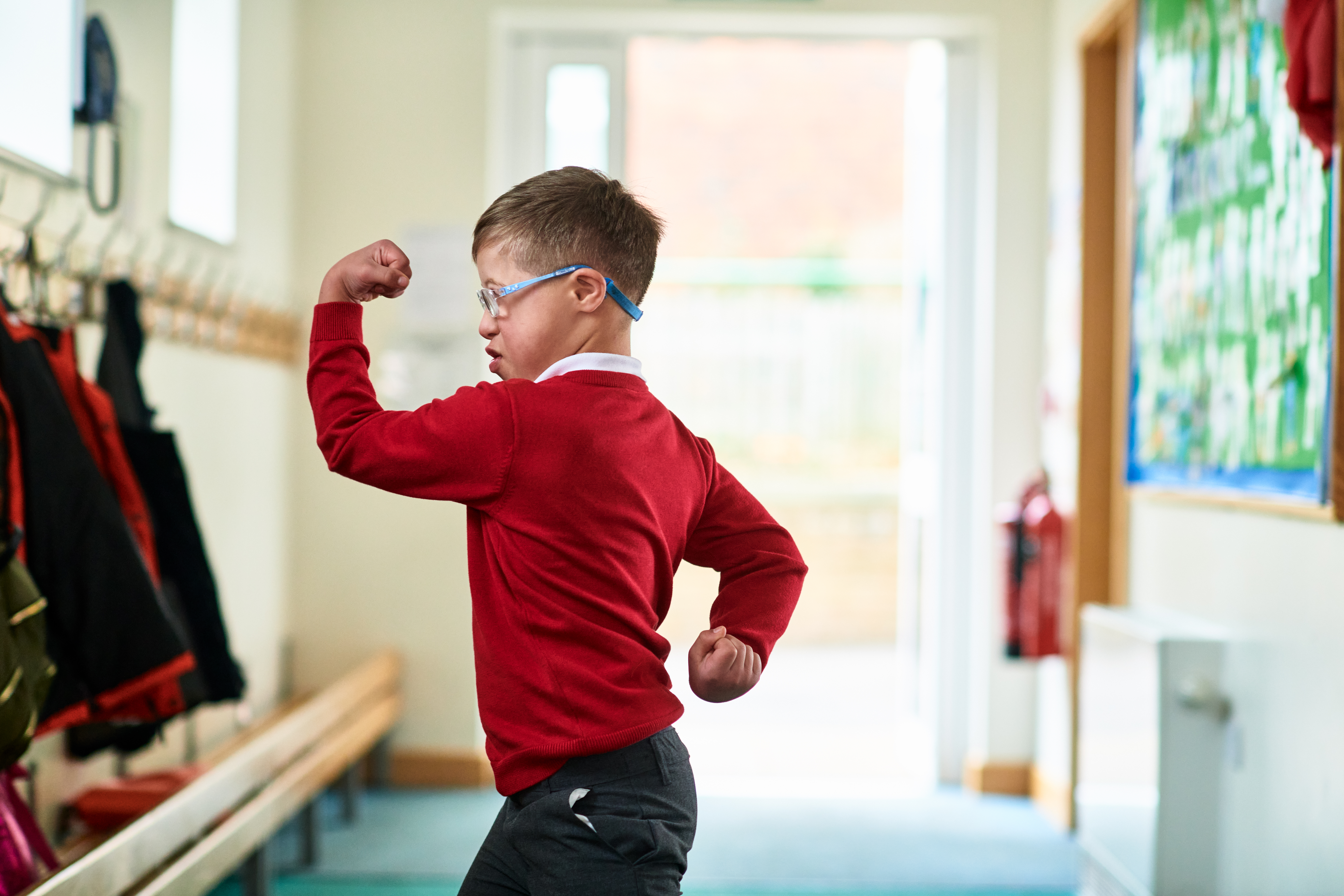
Boy with Down syndrome flexing muscles in school corridor | Source: Getty Images
My life has been a series of adjustments and learning experiences, balancing work, parenting, and the emotional toll of my past. Despite these challenges, we've managed to create a life filled with love and understanding. My kids are my world, and I strive every day to provide them with the stability and care they deserve.
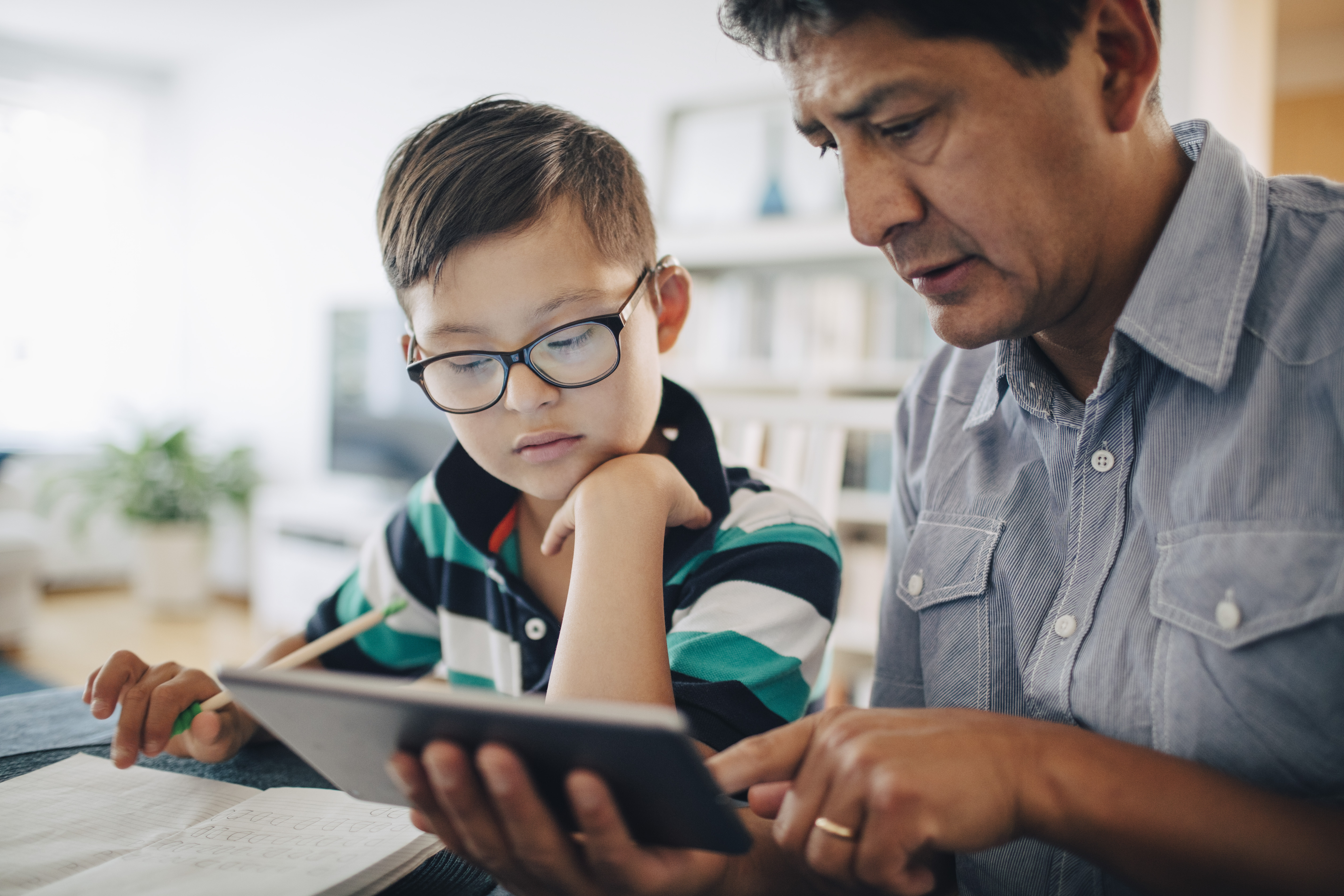
Father showing digital tablet to son while studying at table | Source: Getty Images
Recently, another layer of complexity was added to our family dynamic. My mother, who has been diagnosed with a terminal illness and given only a few months to live, expressed a desire to spend her remaining days with us. Understanding the importance of family and wanting my children to have some memories with their grandmother, I agreed to her request. She moved in with us two weeks ago.
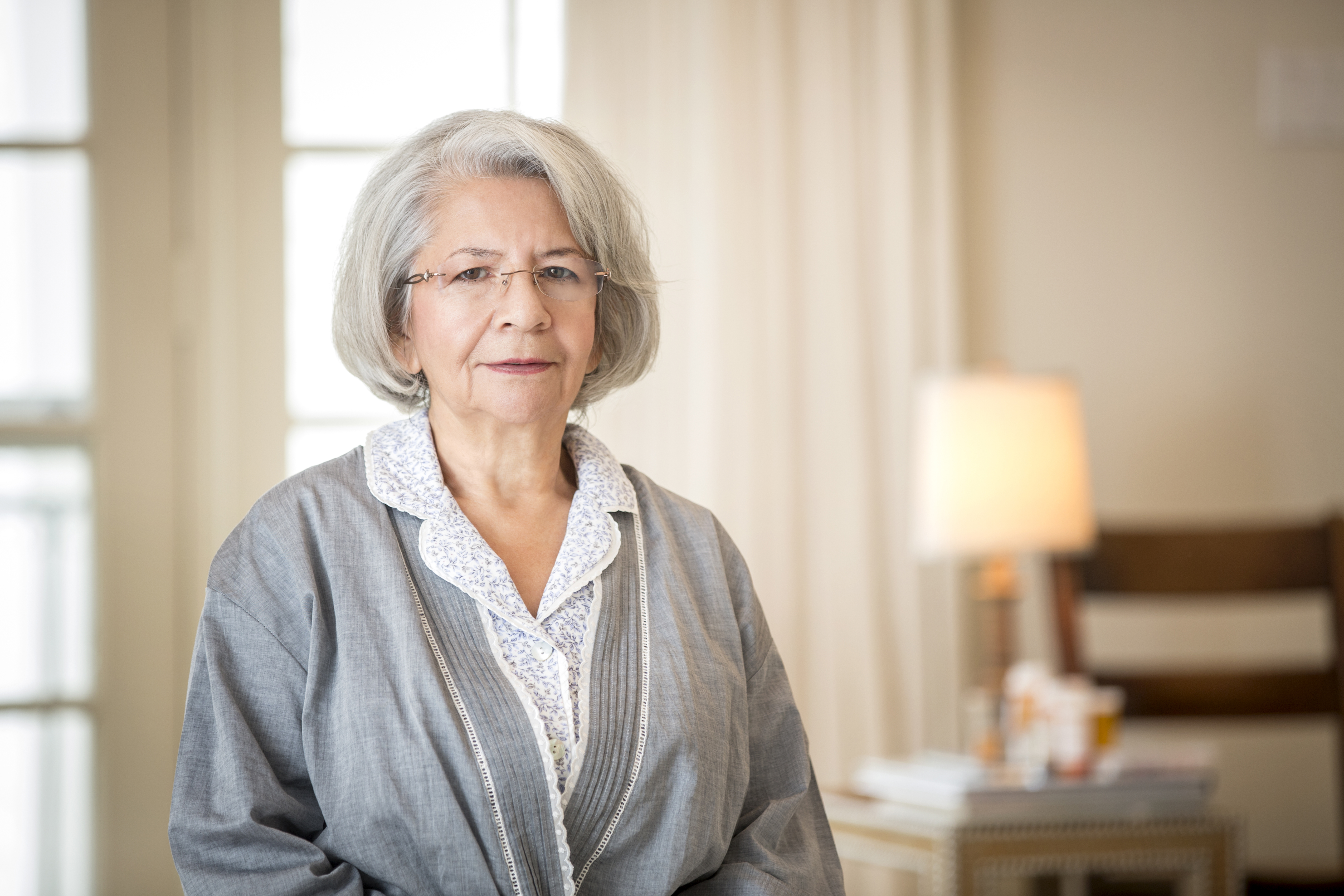
Older frowning Hispanic woman wearing bathrobe | Source: Getty Images
At first, things seemed to be going well. My mother was making an effort to connect with the kids, and I thought this could be a good closure for her and a chance for my children to know their grandmother. But a few days ago, an incident occurred that made me question everything.

Deciding whether to take the risk or not | Source: Getty Images
My mother ordered an expensive set of toys for my daughter, something I wouldn't normally do because of the cost, but I let it slide thinking it was a grand gesture of love. However, when the toys arrived, it became clear that nothing was bought for my son.
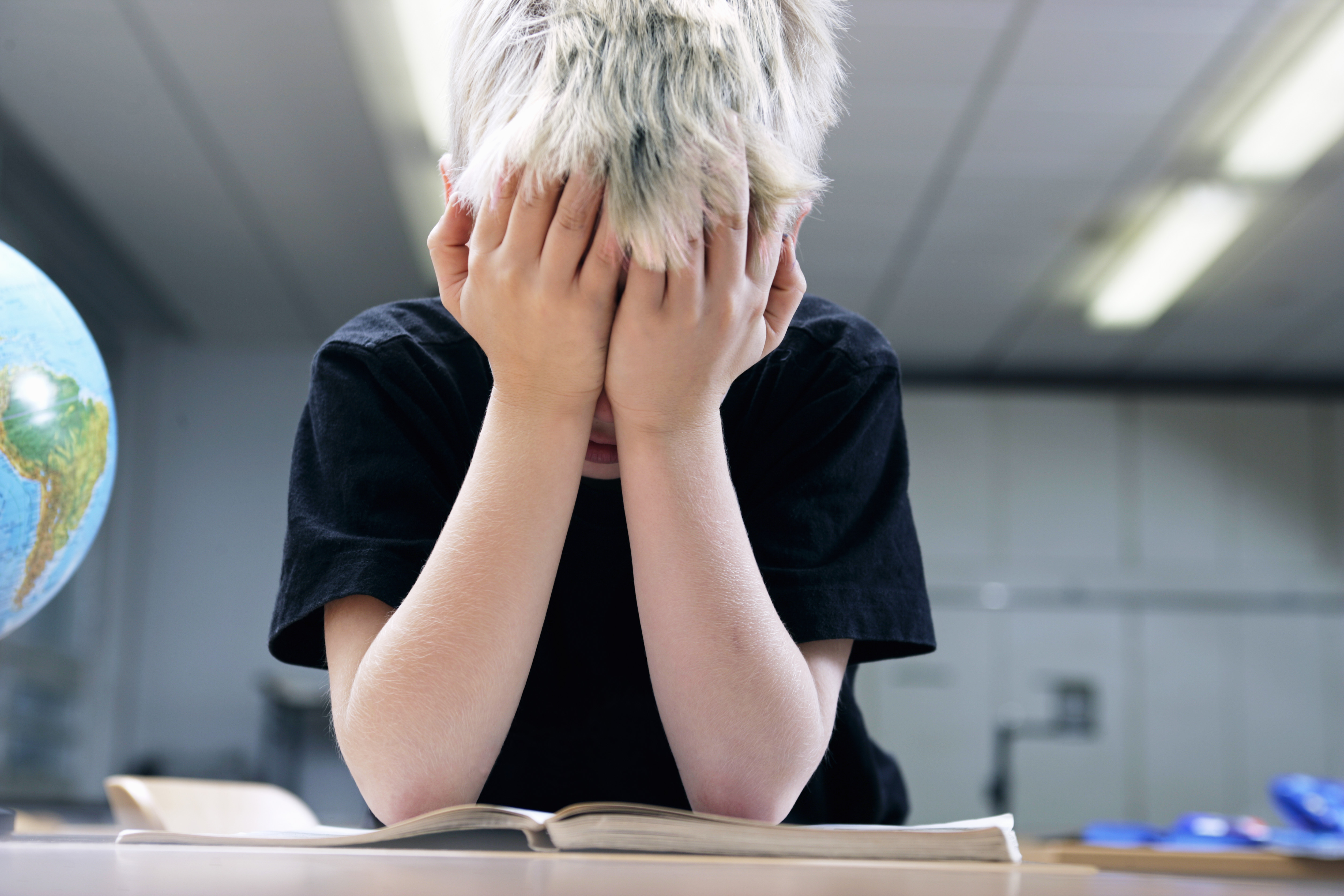
Front view of a boy with his hands over his face | Source: Getty Images
When I confronted my mother about it, she casually dismissed him, saying she only bought toys for "her grandbaby." This distinction she made, excluding my son because he isn’t biologically related and has Down's syndrome, struck a chord in me. "It's true, you have no obligation here," she said. "You should go foster care or stick it in a facility before your life is ruined."
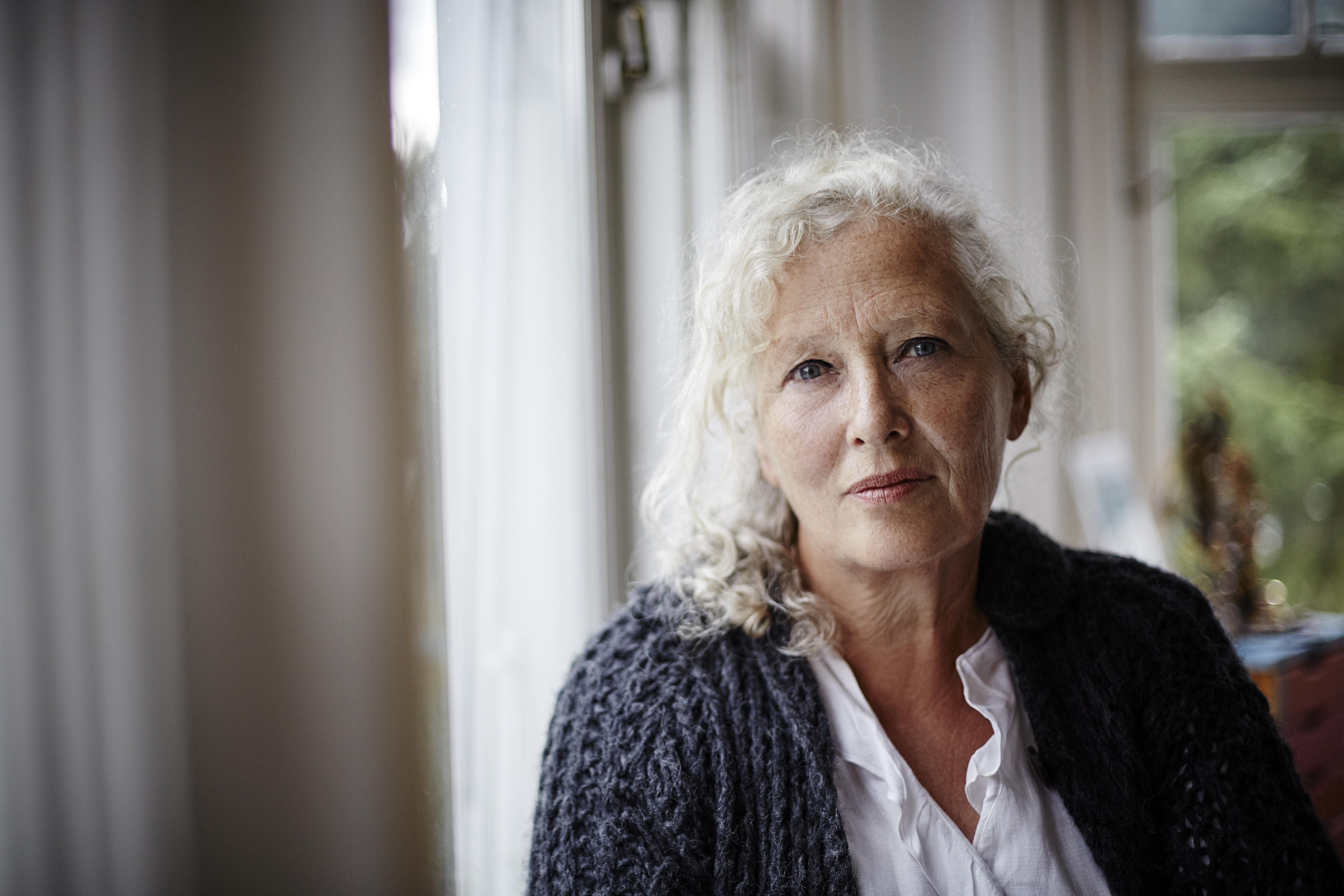
Portrait of senior woman at home | Source: Getty Images
I asked my kids to leave the room and had a stern talk with my mother. Her response was heartbreakingly dismissive, suggesting that my son wasn’t really part of the family. This has thrown me into a turmoil of emotions. I was struggling to reconcile the love for my mother with the protective instinct I have for my children, especially my son, who has already faced so many challenges in his young life.
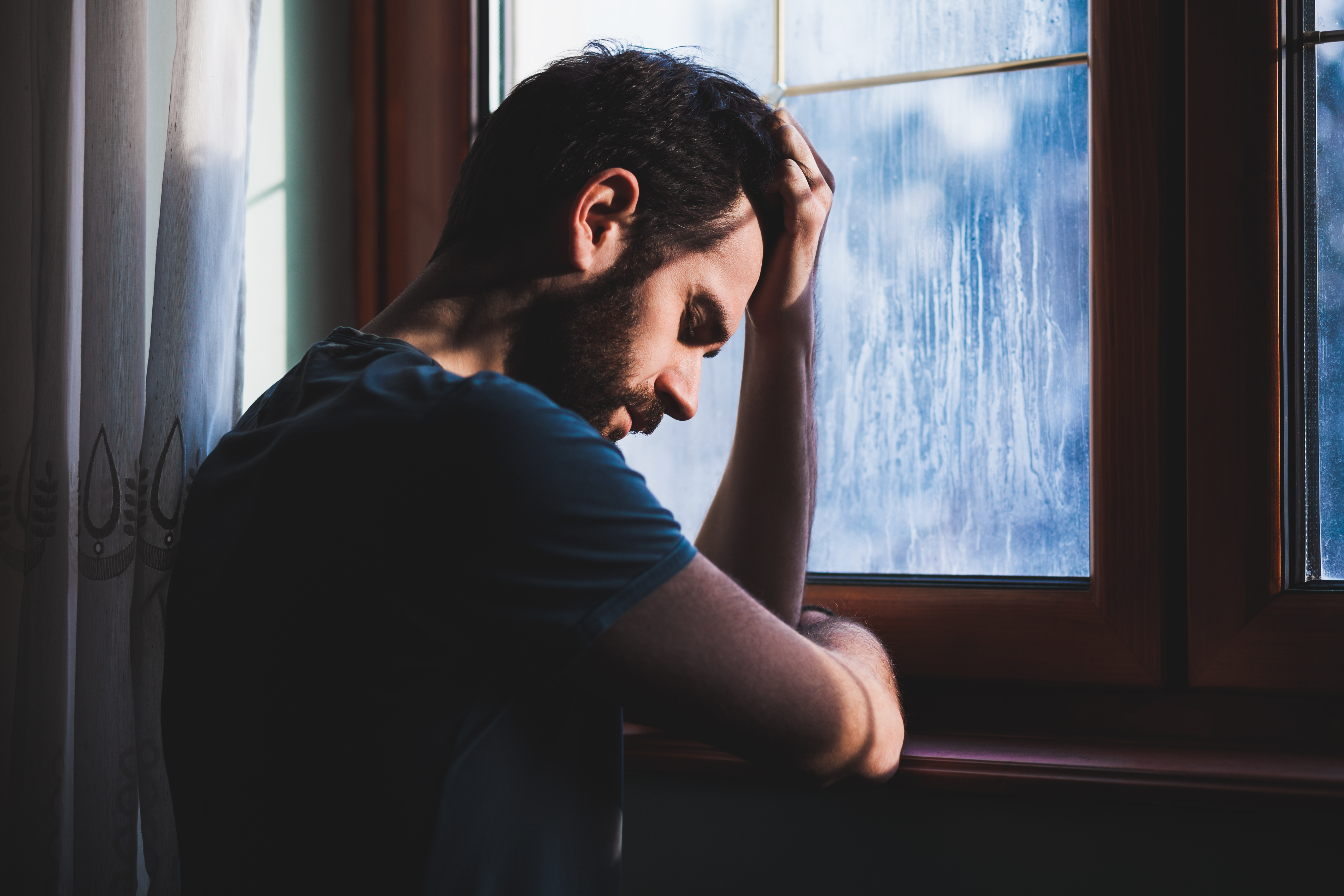
Young sad mad sitting in regret | Source: Getty Images
My son, who I’ve raised as my own since he was a toddler, is as much my child as my daughter is. To hear someone, especially my dying mother, dismiss him so cruelly, was like a knife to the heart. It challenged everything I believe about family and acceptance. My son is the sweetest, most loving kid, and it breaks me to see him treated as less than.
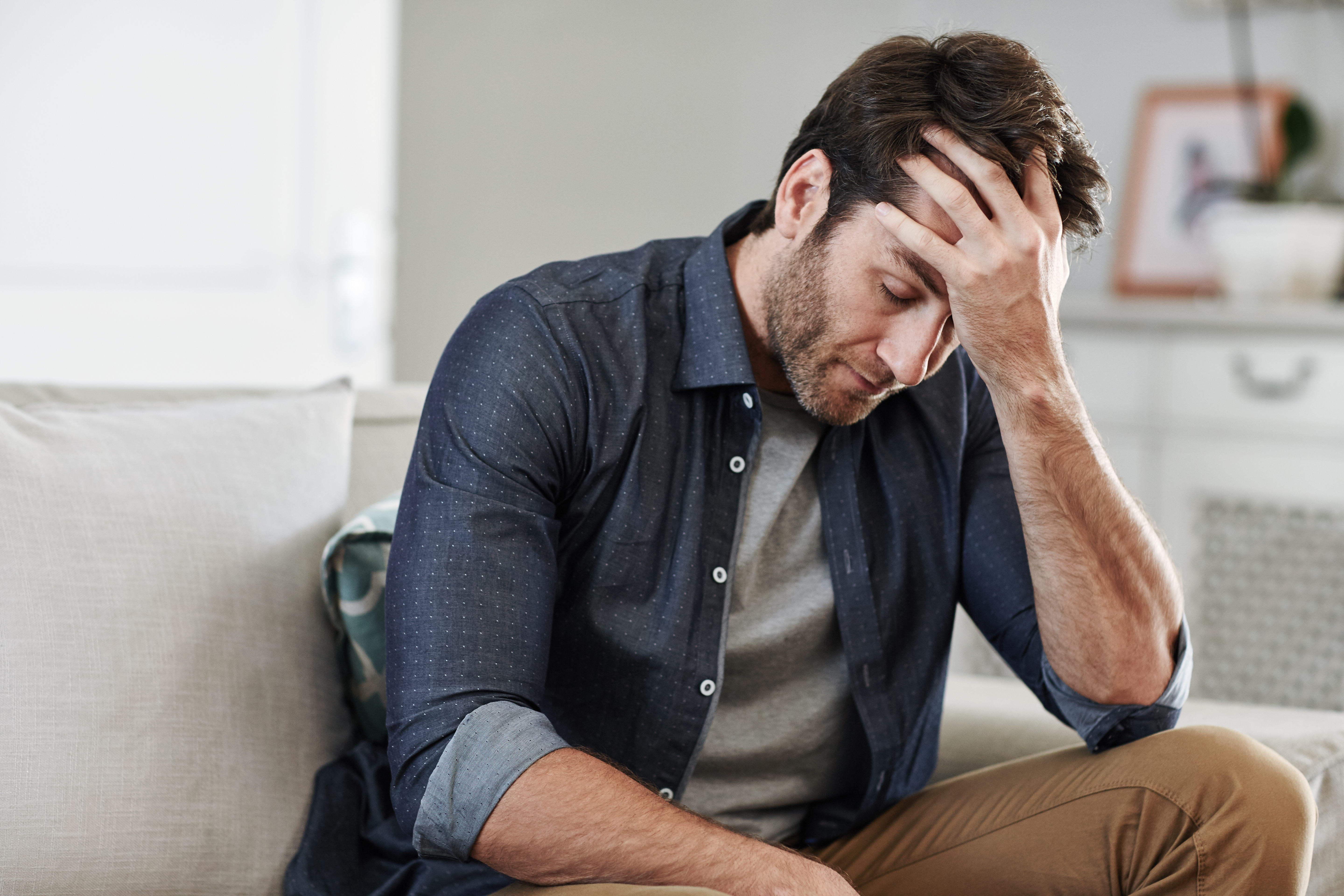
The emotional tension in the house was palpable. I was torn between the duty to care for my ailing mother in her final days and the need to protect my children from her harmful attitudes. This dilemma has left me questioning the very foundations of our family bonds and my responsibilities as a son and a father.

What could you achieve if you feared nothing? | Source: Getty Images
My son has been a part of my life for nine years, and I legally adopted him seven years ago. Despite this, my mother never truly accepted him or acknowledged him as my son. She never openly criticized him before, but it was clear she was not fond of him or the idea that he is in my life.
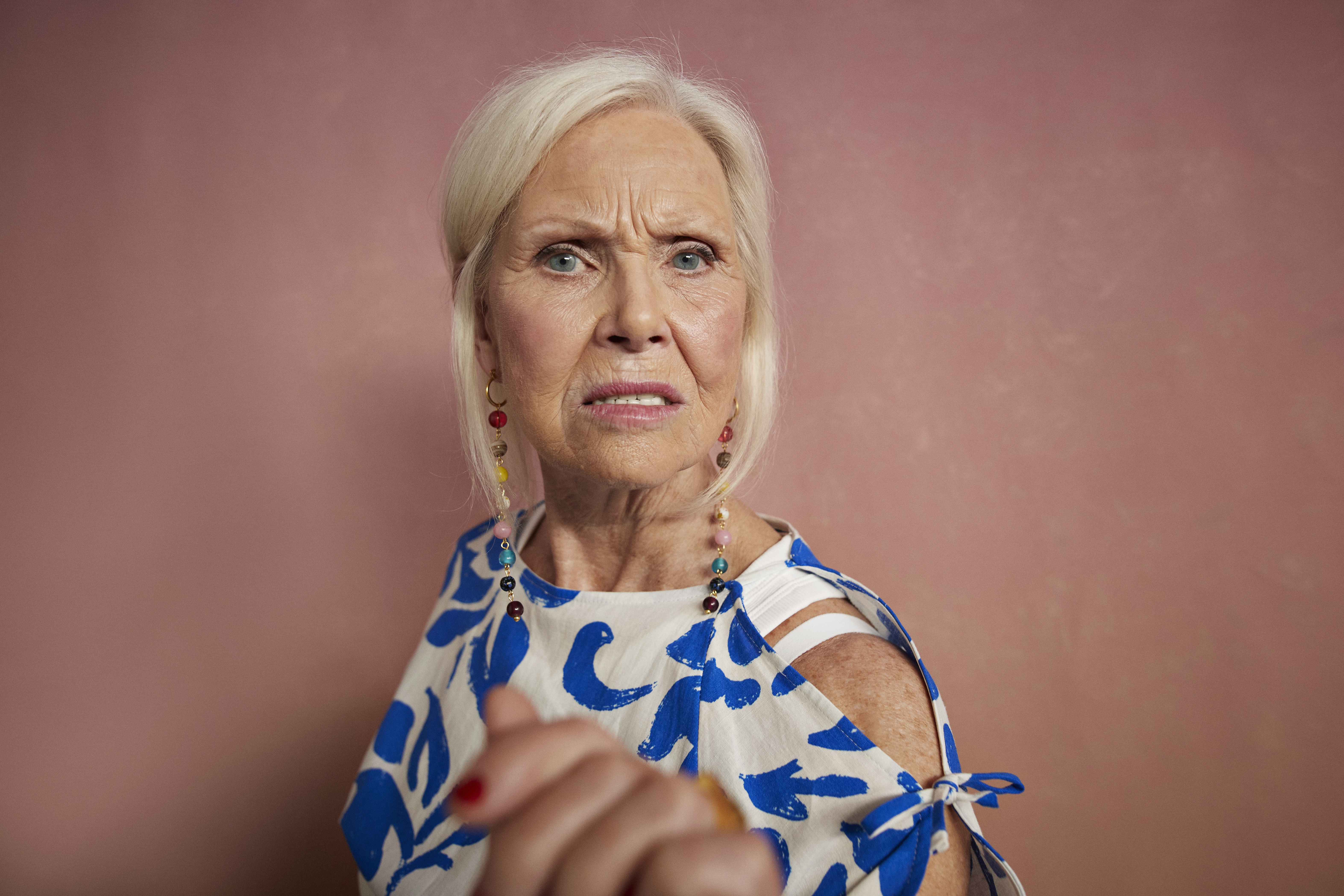
Portrait of angry senior woman | Source: Getty Images
When my daughter was born, my mother was overjoyed, claiming she finally became a grandma and that her son finally "had a kid." Since we lived in different states and mainly connected on birthdays and occasional phone calls, this issue didn't really surface much.
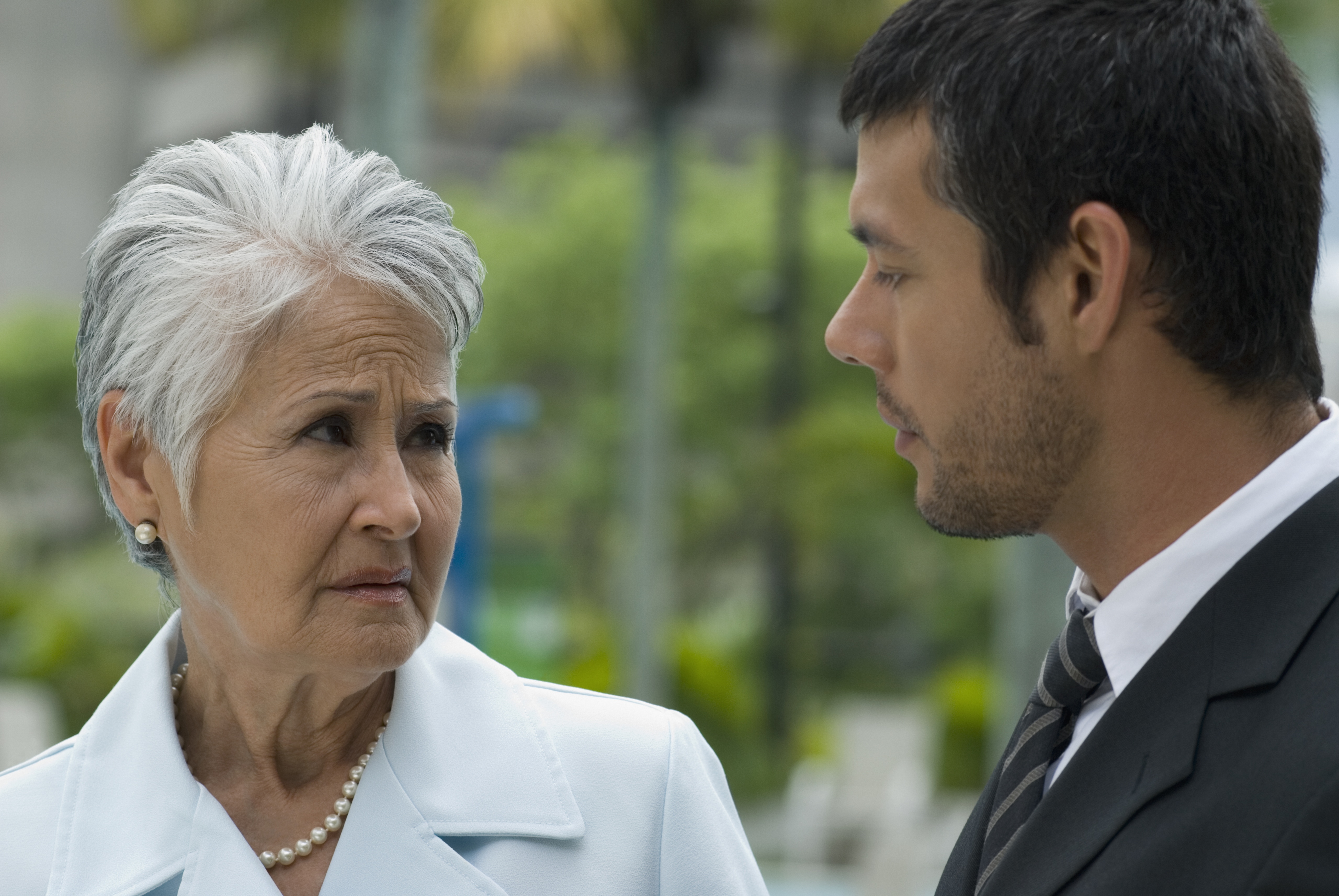
Hispanic mother and adult son talking | Source: Getty Images
My father passed away from a brain tumor three years ago, and he also had dementia towards the end. My aunt, his sister, took care of him (he and my mom were divorced), and I did my best to help out. He insisted he didn't want to die in my house because he didn't want his grandchildren to see him weak, sick, or to witness his death. He was also terrified of losing control and saying hurtful things as his illness progressed.

Senior man holding hand of female nurse in hospital room | Source: Getty Images
Indeed, he ended up saying many harsh things, criticizing me, my family, and my life choices. Yet, he never demeaned my son the way my mother did. In our last coherent conversation, just days before he died, he asked me to tell the kids he loved them and wanted my son to have his fishing gear, as they shared a love for fishing.
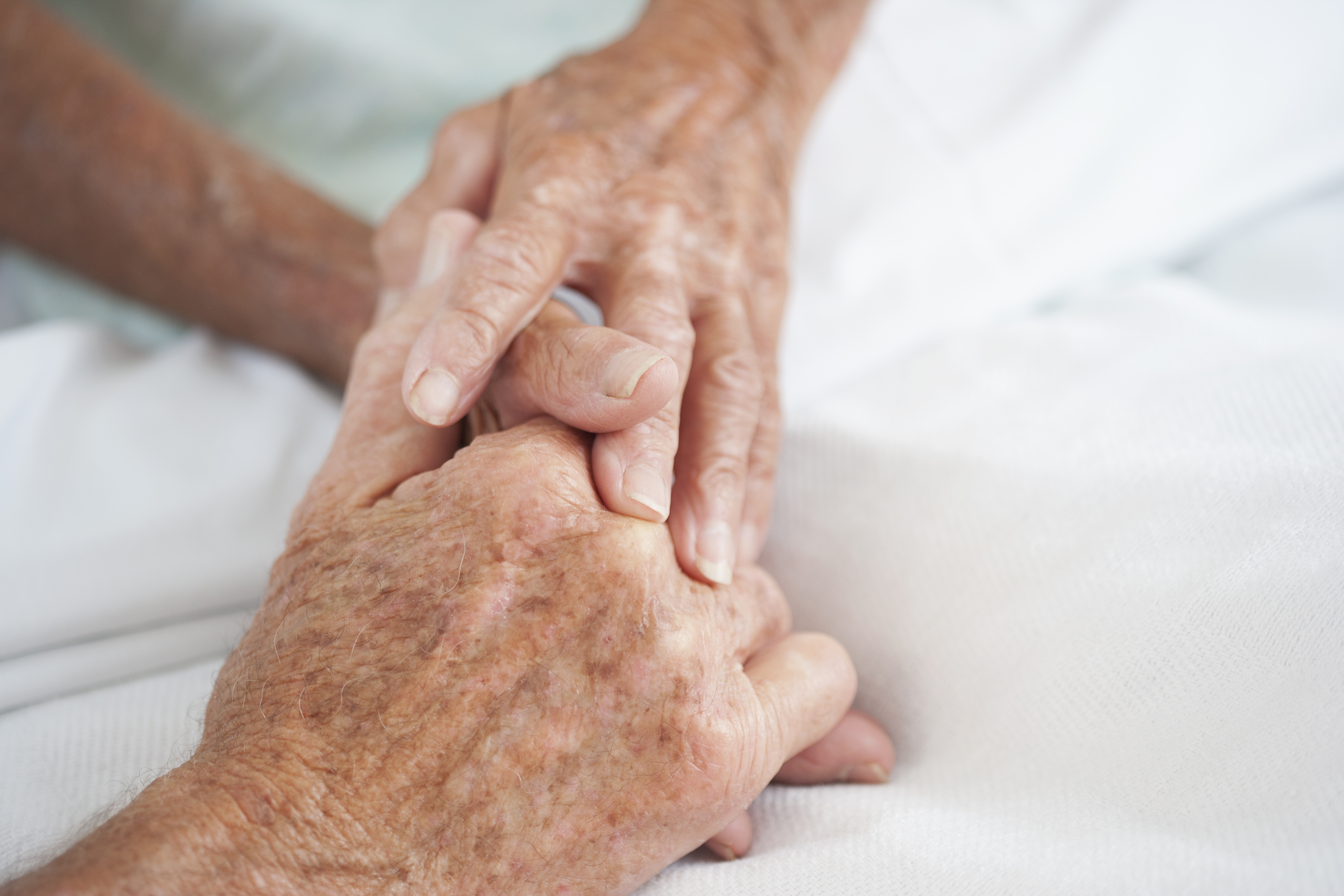
Husband comforting wife in hospital bed | Source: Getty Images
He also left something special for my daughter to remember him by. She was only three then but wanted to ensure both of his grandchildren knew they were loved. He saw us all as his family, describing himself as a 'big old papa bear' to his kids and grandkids.
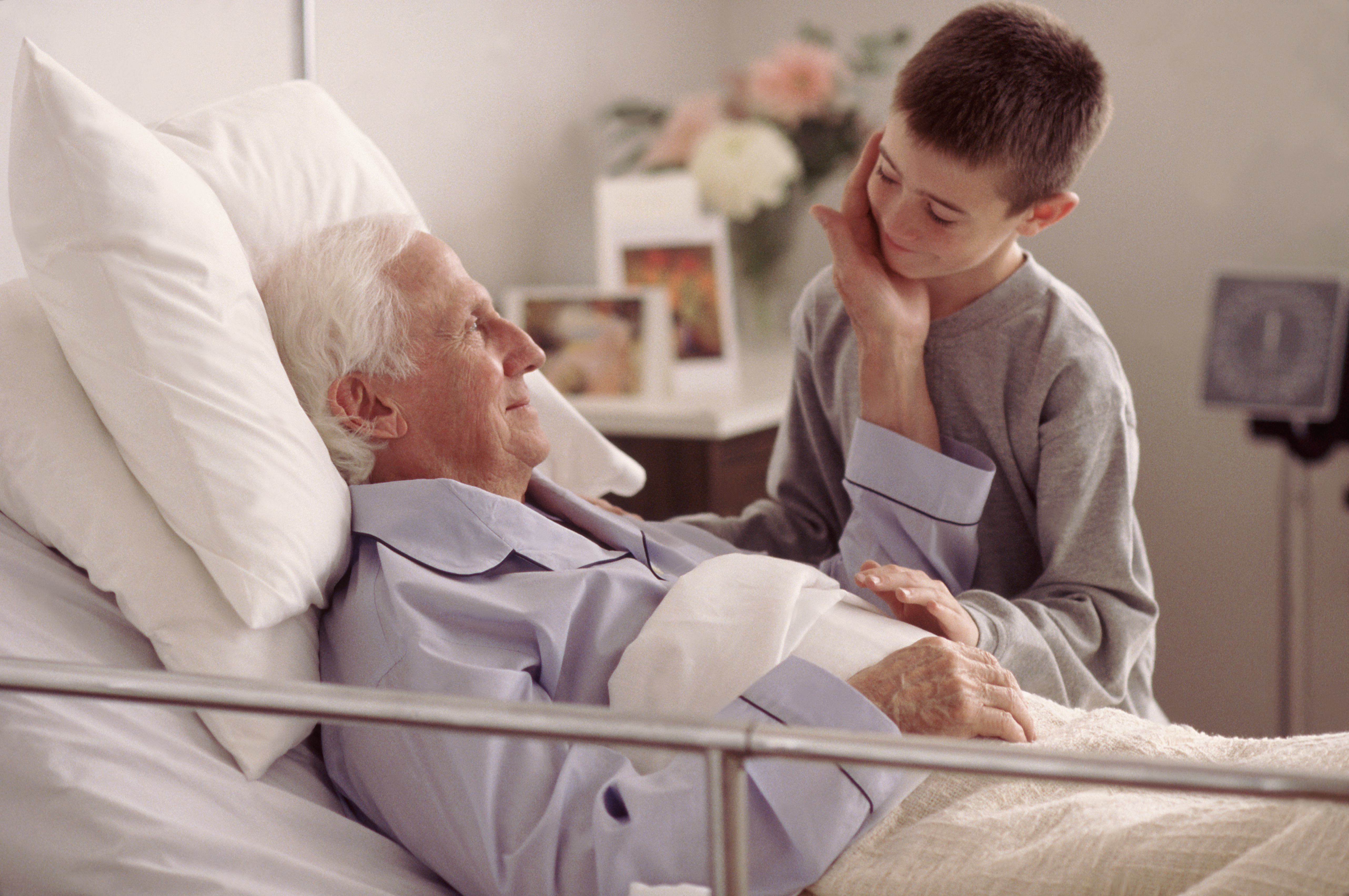
Grandson visiting Grandfather in hospital | Source: Getty Images
After the confrontation with my mother, I made the difficult decision to arrange for her to enter hospice care. It was one of the hardest choices I've ever had to make, not just because she is my mother, but also because of the gravity of the situation. She begged me not to send her away to die alone, and her tears made me question everything.
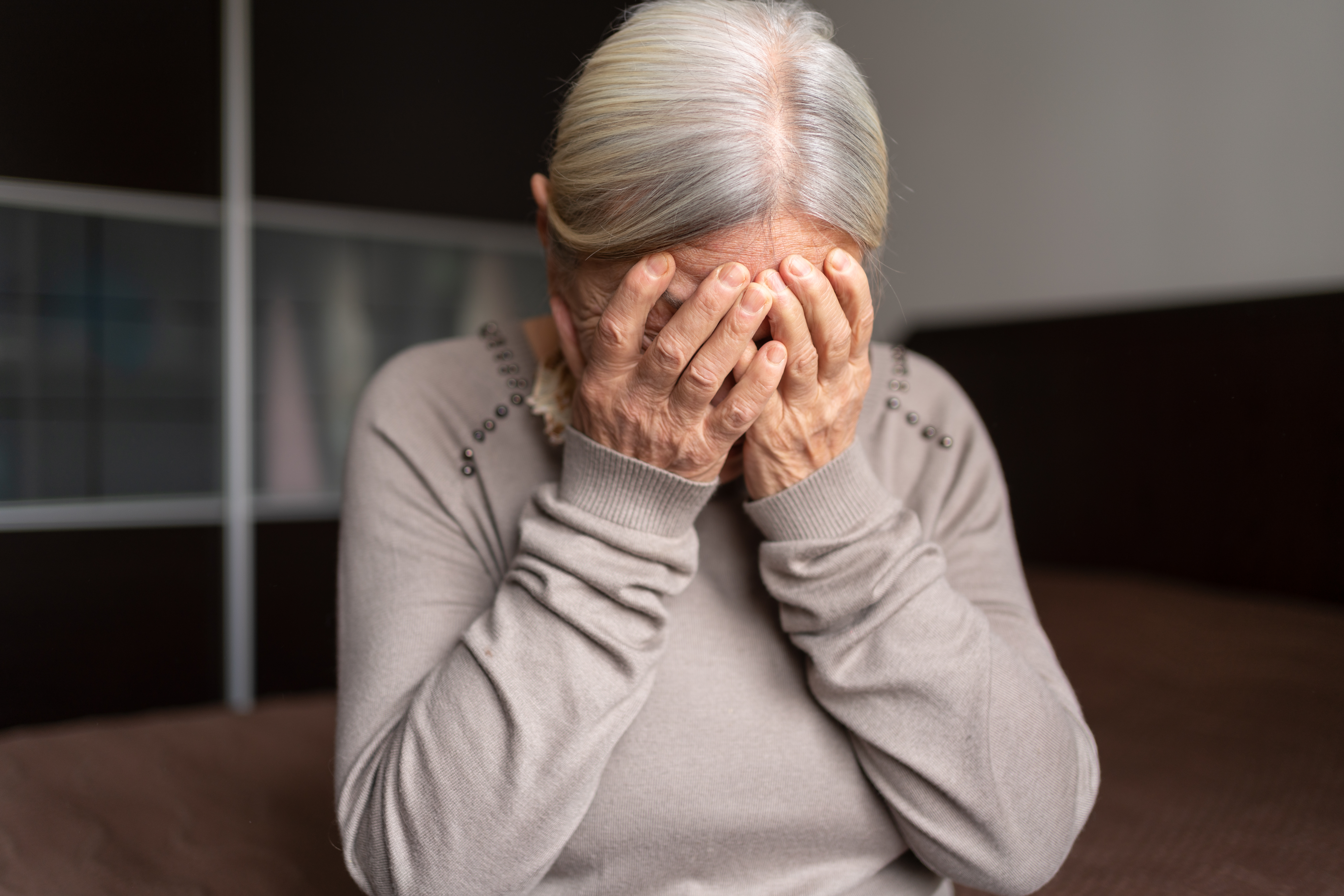
Depressed Lonely Senior Woman Covered Her Face With Both Hands | Source: Getty Images
The fallout from this decision within my family and circle of friends has been intense and varied. My aunts have labeled me as heartless, arguing that I should have forgiven my mother and allowed her to stay, given her limited time left. Some friends have echoed this sentiment, suggesting that I should overlook her hurtful words because of her condition and our family ties.
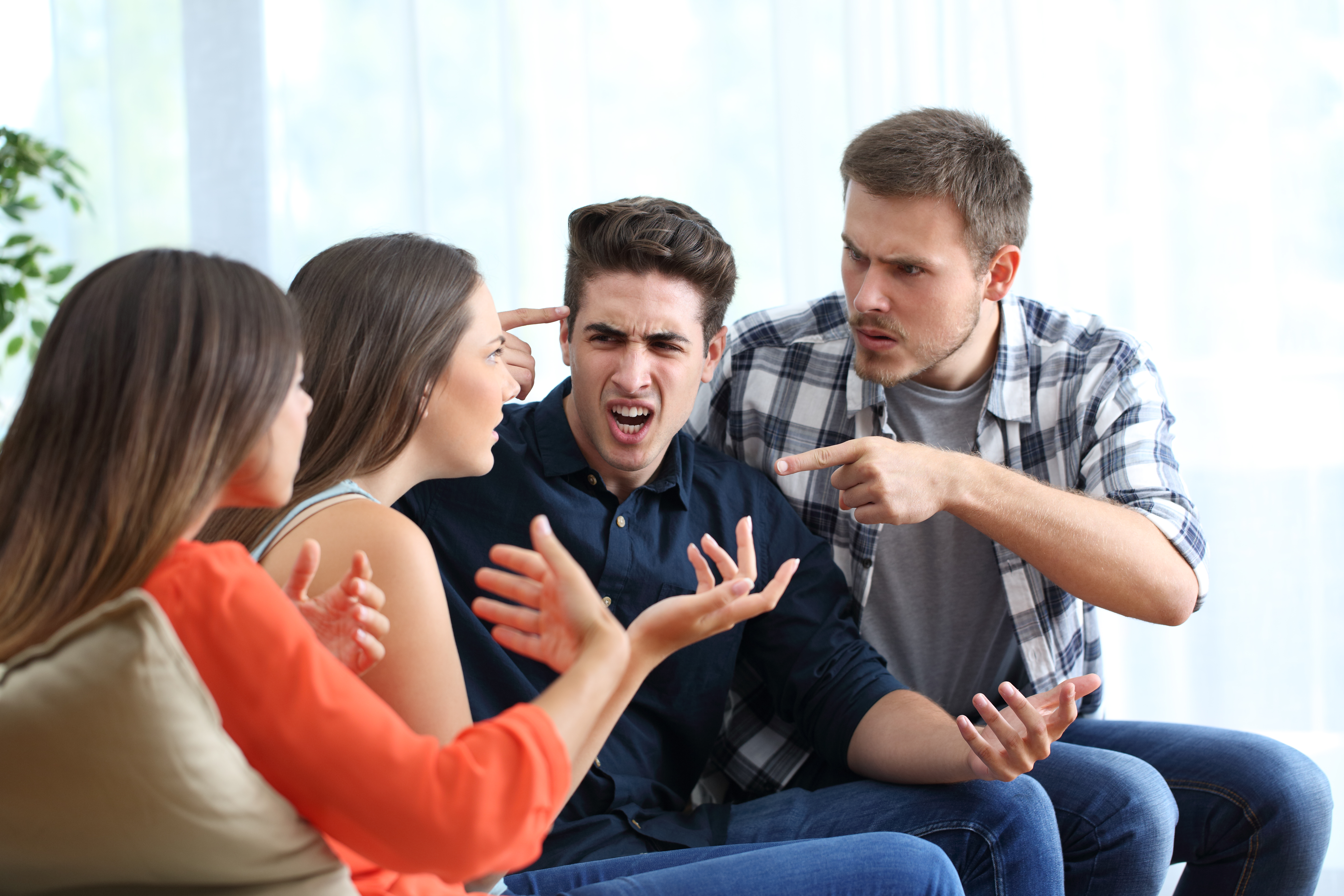
Four angry friends arguing at home | Source: Getty Images
Conversely, others have supported my decision, pointing out the toxic nature of her behavior and the potential harm it could have on my children, especially my son. My cousin, in particular, has been a pillar of strength, affirming that protecting my children’s emotional well-being should be my priority.

Brother's in business | Source: Getty Images
The internal struggle I’m facing is immense. On one hand, I feel guilty for possibly denying my mother the chance to die surrounded by her family; on the other, I strongly believe that my first responsibility is to my children, ensuring they grow up in a nurturing and prejudice-free environment. This tug-of-war between familial duty and parental obligation is consuming me.

Frustrated businessman sitting at desk with head in hands | Source: Getty Images
As I reflect on these events, I’m torn between the conviction that I did the right thing for my kids and the gnawing doubt that perhaps there was another way to handle this. The reality of my mother's imminent passing adds a layer of urgency and finality to these decisions, making them all the more daunting.

Pensive man thinking about job loss, new reality. Planning family budget with cost reduction | Source: Getty Images
I’m constantly questioning whether I’m acting out of spite or genuine concern for my family’s well-being. The clarity I seek seems just out of reach, muddled by the complex web of familial bonds, moral obligations, and personal convictions.

Man stressed while working on laptop | Source: Getty Images
This journey has been a crucible, testing the very essence of what I believe about love, duty, and family. I've come to realize that sometimes, love means making unbearable choices for the greater good of those who depend on us. And yet, the guilt and doubt linger, like shadows that accompany the light of my conviction.
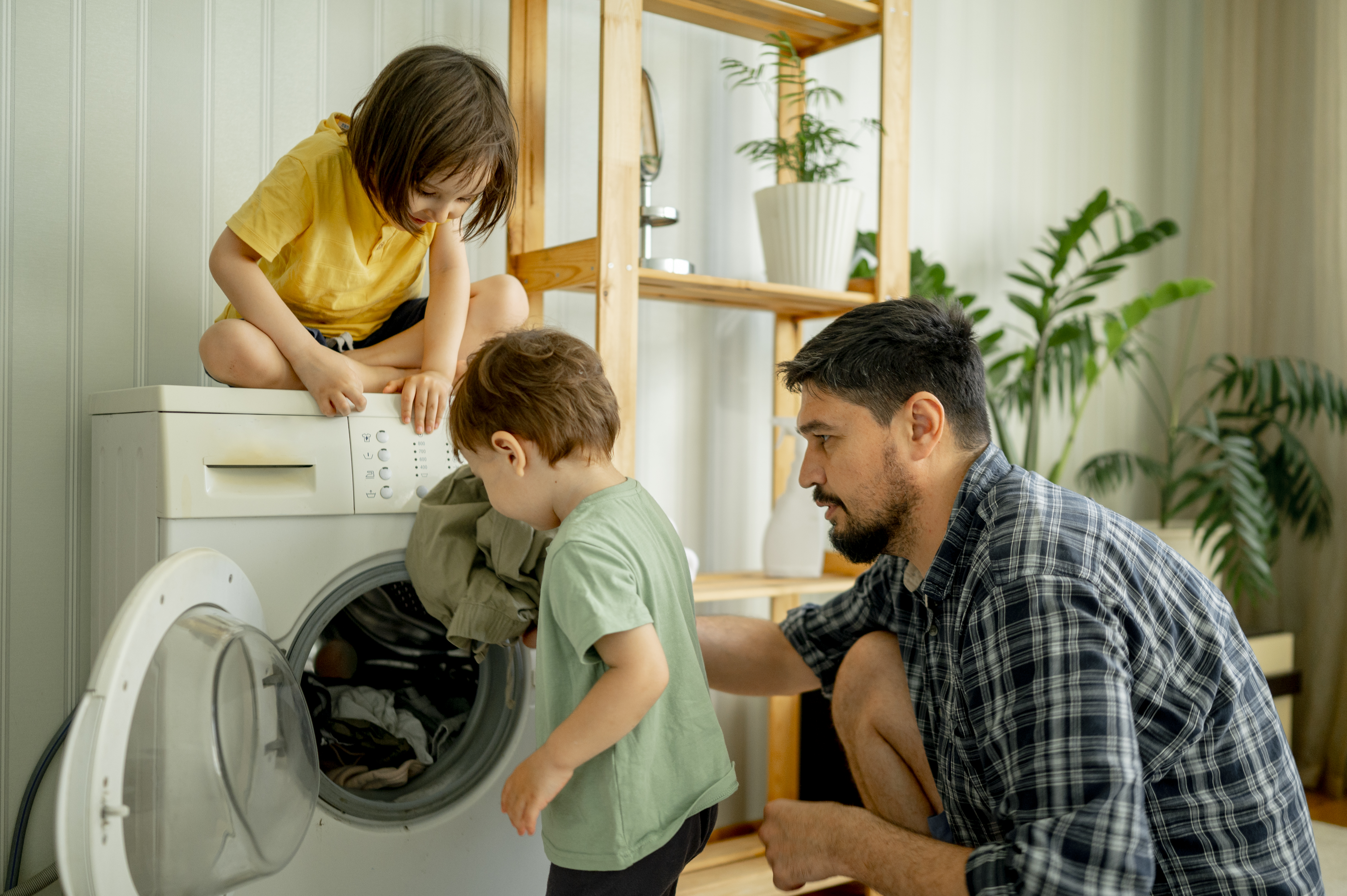
Father with children helping washing clothes in machine at home | Source: Getty Images
In sharing my story, I seek not only to unburden my heart but to engage with others who might have faced or could face similar crossroads. What would you do if placed in a scenario where the well-being of your child conflicts with the care of a dying parent? How do you navigate the turbulent waters of familial obligations without losing sight of your moral compass?
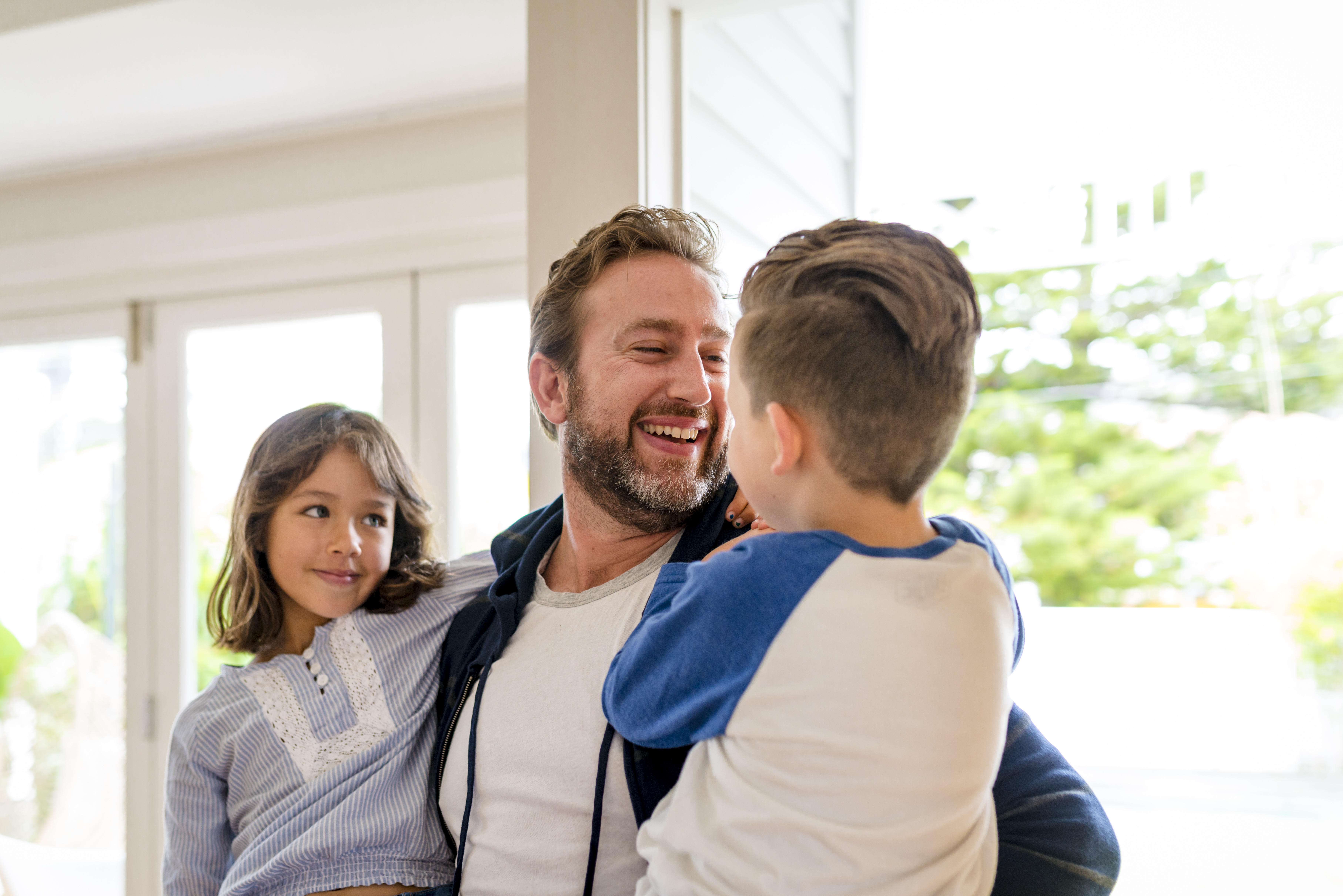
Happy father greeting his children | Source: Getty Images
As I move forward, I’m learning to live with the decisions I’ve made, understanding that while the path of love and duty is often fraught with pain, it also leads to growth and deeper insights into the human condition. This ordeal has taught me that sometimes, closure doesn’t come with a neat resolution but with the acceptance of the complexity and ambiguity inherent in our relationships.